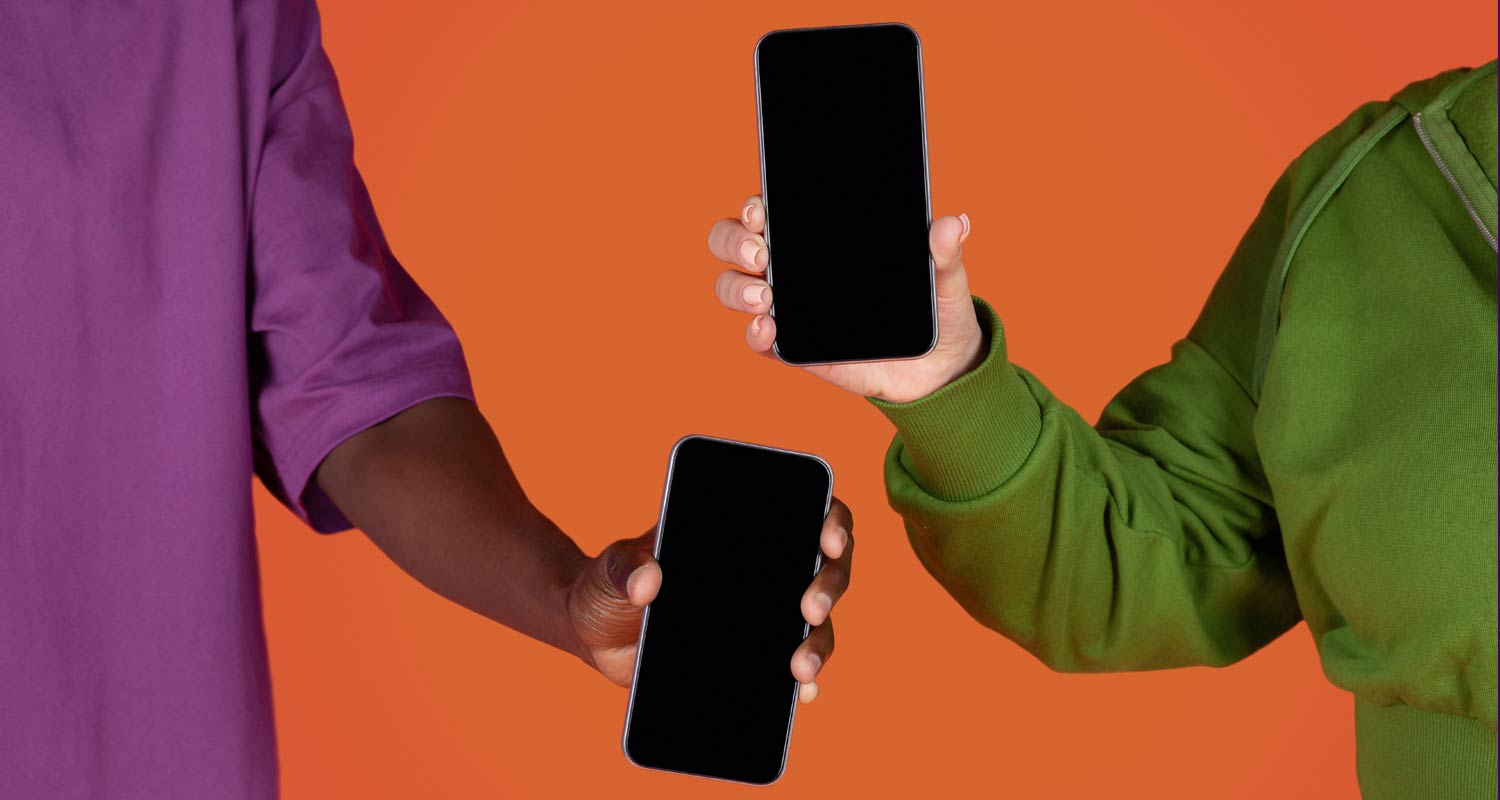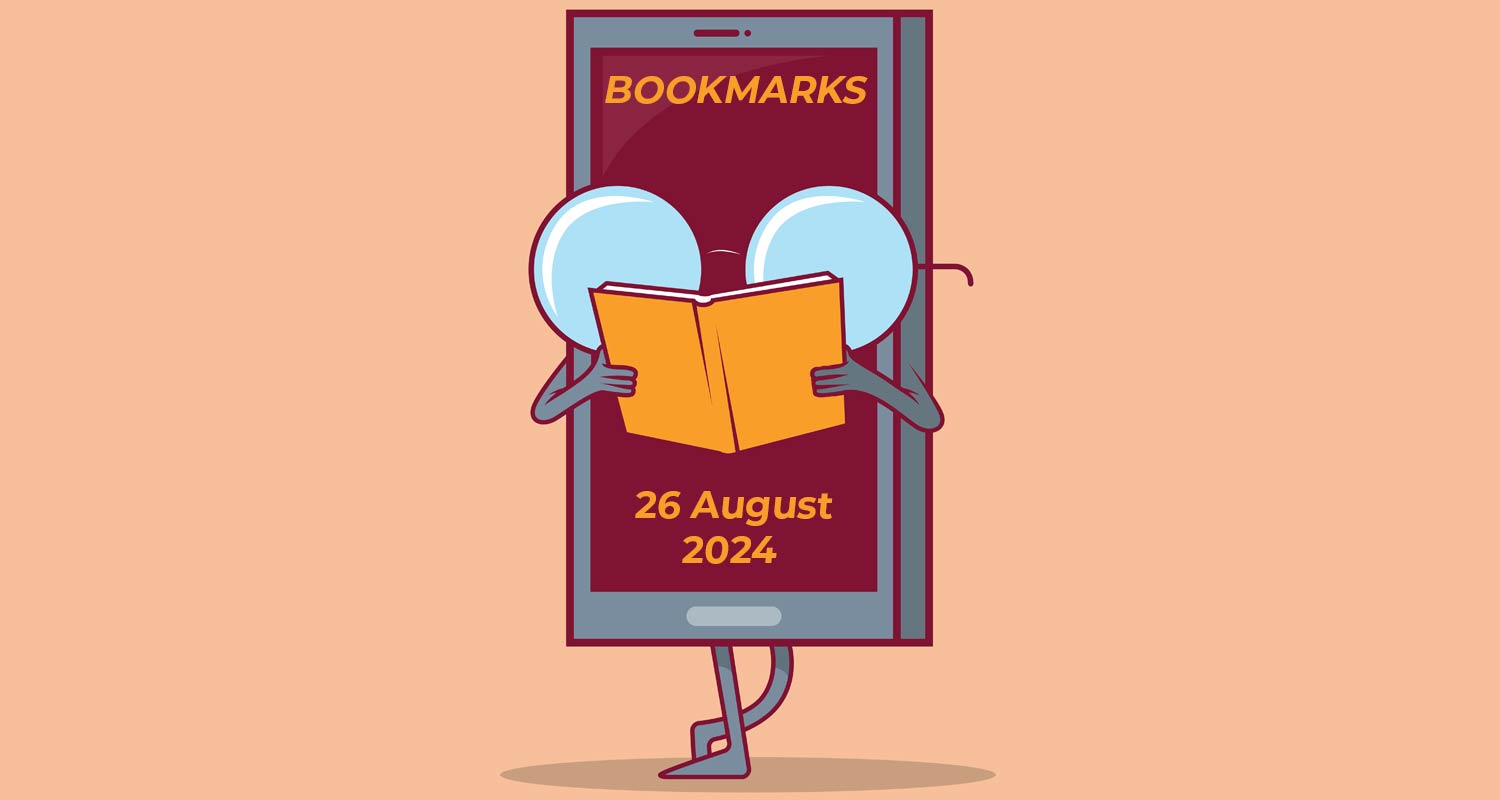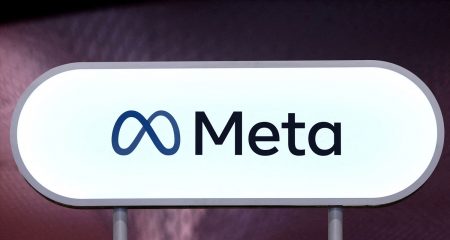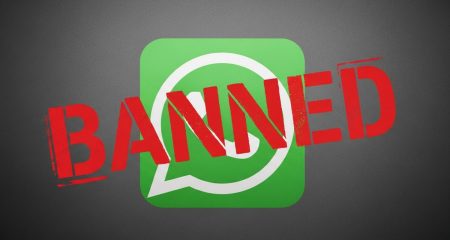 These are the articles and more that caught the attention of TechCentral’s editorial team at the weekend.
These are the articles and more that caught the attention of TechCentral’s editorial team at the weekend.
- European iPhones are more fun now: Thanks to EU regulations, European iPhones now offer more flexibility, including third-party app stores, customisable default apps and game emulators. This contrasts with the rest of the world, which is simply excluded from these benefits. The Verge argues that Apple should offer the same options globally. They’re right. Read more on The Verge. DM
- Meta suddenly realises it doesn’t have to worry about the Vision Pro: Meta has decided against developing a high-end VR headset like Apple’s Vision Pro, focusing instead on enhancing the capabilities of its more affordable devices like the Quest 3. If there was ever a sign that the Vision Pro is a flop for Apple, this is surely it. Read more on Gizmodo. DM
- How off-grid solar financing schemes are expanding energy access in Kenya: Off-grid solar financing in Kenya is expanding energy access by offering affordable payment plans, allowing rural households to adopt solar power without upfront costs. Despite challenges like payment difficulties exacerbated by economic conditions, the market is growing rapidly, driven by innovative financing and government support, making solar a viable alternative to grid electricity, even for the poor. South Africa should follow suit. Read more from The Progress Playbook. DM
- The 21 best movies on Apple TV+ right now: When it comes to originals, Netflix and Amazon have the deepest libraries of prestige movies. But ever since CODA won the Academy Award for Best Picture, it’s become clear that some of the best movies are on Apple TV+. Wired has a look at the 21 best films available on the platform (soft paywall). Happy bingeing. DM
- Mark Zuckerberg and Daniel Ek on why Europe should embrace open-source AI: Mark Zuckerberg and Daniel Ek argue in this piece written for The Economist that Europe risks falling behind in AI due to complex and inconsistent regulations. They advocate for open-source AI, which they argue democratises access to technology and fosters innovation. Read more in The Economist (hard paywall). DM
- Nasa decides to bring Starliner spacecraft back to Earth without crew: Nasa has decided to bring the faulty Boeing spacecraft that left two astronauts stranded on the International Space Station back to Earth unmanned. To add insult to injury, the space agency has partnered with Elon Musk’s SpaceX on a separate mission to bring the astronauts back early next year. Read more on the Nasa website. NN
- Amazon says it’s devoting another $19.5-million to Project Kuiper satellite facility in Florida: Competition in the low-Earth orbit satellite space continues to intensify with Amazon-owned Project Kuiper driving further investment into the sector. The US$19.5-million expansion of Kuiper’s processing centre at the Kennedy Space Centre in Florida brings total investment in the site to $140-million. Read more on GeekWire. NN
- Chick-fil-A is reportedly launching a streaming service for some reason: This is a bit of a weird one. The streaming market has become so crowded that it’s hard to imagine why any company would want to break in now, but that is apparently what Chick-fil-A (yes, the US fast-food chain) is planning to do. Read more on The Verge. TS
Top stories on TechCentral in the last 24 hours
- Eskom turnaround is no ‘miracle’: Mteto Nyati
- Naspers CEO grilled over worker rights
- How a botched app update blew up in Sonos’s face
 Bookmarks is a new daily feature on TechCentral and published Monday to Friday, excluding public holidays.
Bookmarks is a new daily feature on TechCentral and published Monday to Friday, excluding public holidays.




